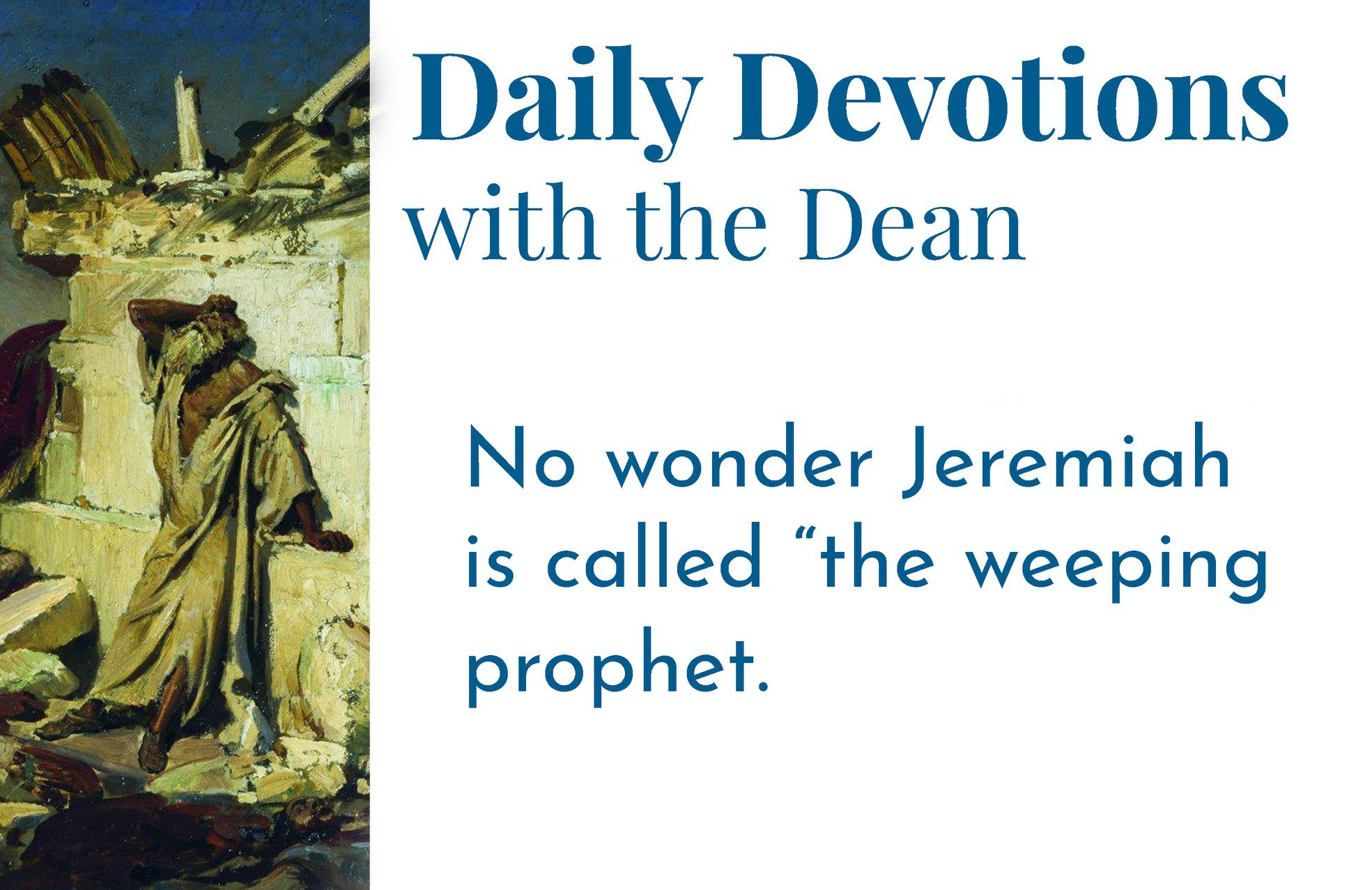Thursday • 4/13/2023 •
Easter Week
This morning’s Scriptures are: Psalm 146; Psalm 147; Ezekiel 37:1–14; Acts 3:11–26; John 15:12–27
This morning’s Canticles are: before the Psalm reading, Pascha Nostrum (“Christ Our Passover,” BCP, p. 83); following the OT reading, Canticle 8 (“The Song of Moses,” Exodus 15, BCP, p. 85); following the Epistle reading, Canticle 19 (“The Song of the Redeemed,” Revelation 15:3–4, BCP, p. 94)
Welcome to Daily Office Devotions, where every Monday through Friday we consider some aspect of that day’s Scripture readings, as given in the Book of Common Prayer. I’m Reggie Kidd. This is Thursday of Easter Week, and I’m grateful to be with you. “Alleluia! Christ is risen! The Lord is risen indeed! Alleluia!”
… but I have called you friends. (John 15:15).
It’s a spectacular thing to know that Jesus calls you “friend.” To be befriended by him is amazing. It’s better than winning the world’s richest lottery. He is, after all, the Author of Life, and the King of kings and Lord of lords (Acts 3:15; Revelation 19:16). He has broken through the boundary of death, and he holds all authority in heaven and on earth (Matthew 28:18). To have him call you friend?! Serious bragging rights … if he were anybody else.
“This is my commandment, that you love one another as I have loved you. … You are my friends if you do what I command you” (John 15:12,14). But curiously, because of who Jesus is, his friendship doesn’t create a sense of entitlement or presumption. It doesn’t mean you get to the front of the line, or to the head table. To be his friend means something entirely different. It means you go to the end of the line. To be his friend is to cease striving to be noticed. To be his friend is to notice those whom nobody else notices. To be his friend is to quit trying to make other people think you are important. To be his friend is to make other people important to you.
What a great — if brief and simple — reminder this first week of Easter.
Collect for Thursday in Easter Week. Almighty and everlasting God, who in the Paschal mystery established the new covenant of reconciliation: Grant that all who have been reborn into the fellowship of Christ’s Body may show forth in their lives what they profess by their faith; through Jesus Christ our Lord, who lives and reigns with you and the Holy Spirit, one God, for ever and ever. Amen.
Be blessed … and be a blessing … this day,
Reggie Kidd+













